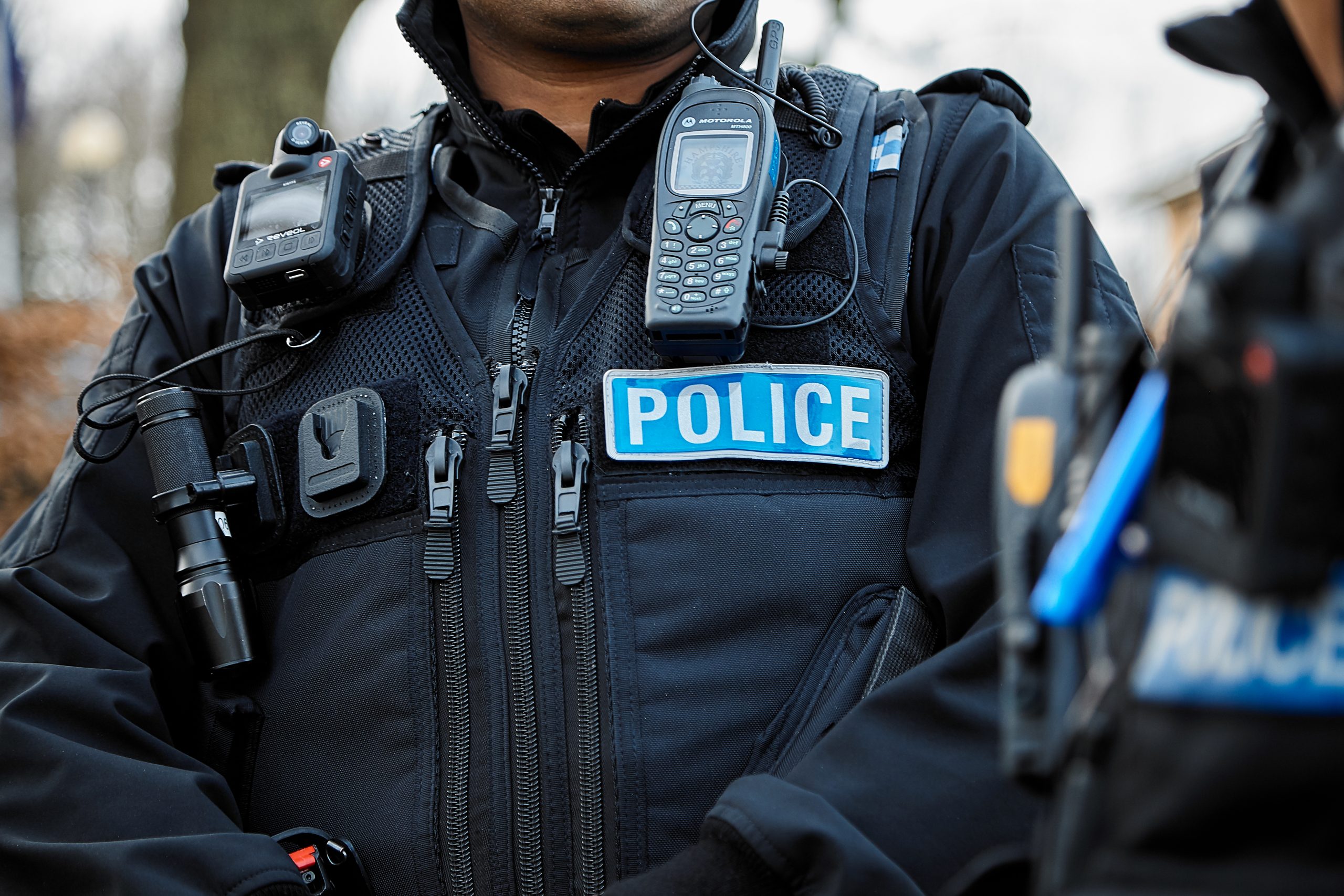296 Hampshire Police officers took time off for mental ill health in last year
A record 13,294 UK police officers have been signed off work over the past year due to stress, depression, anxiety or post-traumatic stress disorder (PTSD) – 80% up on a decade ago.
A Freedom of Information request to all forces covered the financial year 2022/23. This year’s figure is slightly up on last year (13,263), and much higher than pre-pandemic levels. In 2012-13, when Police Oracle first carried out the survey, just 6,294 officers were signed off work for poor mental health.
In Hampshire – over the last financial year – 296 officers took time off for mental ill health.
Zoe Wakefield, Chair of Hampshire Police Federation, said: “This is as a result of the years of cuts to policing. Cuts have consequences and this is one of them. For too many years, officers have been struggling to meet demand with too few resources, meaning they don’t get adequate rest and recovery, they don’t have the opportunity to debrief traumatic incidents and they unsurprisingly end up breaking.
“Even now, post the 20,000 officer uplift, there has been so much pressure to get officers through the doors, that many forces accepted officers without interviewing them. This means there are student officers who have joined with mental health problems and then go to traumatic incidents, and they don’t have the skills and resilience to cope.
“This is a small proportion of student officers but when you recruit in large numbers, it becomes a significant number of officers. Police forces don’t have the funding to pay for mental health treatments and rely on amazing charities likes Flint House and Police Care UK, who are amazing but also have limited funds. There needs to be significant investment in mental health within the NHS. “The Police Covenant should mean that police officers can have priority access to that treatment and police forces should be able to do more ‘in house’. Police officers should not be forced to be off work for months just waiting for treatment. The new 24/7 MH line announced by Home Sec should help but I am sure some officers will be concerned about the confidentiality and impartiality but it is a small step in the right direction.”
aAll but three forces responded to the survey, and two thirds (28 out of 43) reported higher levels of mental-health-related absence than a year ago. The UK’s biggest force, the Metropolitan Police Service, reported the highest number of absences, a huge 1,846. The second highest figure was from Police Scotland, at 1,087.
Forces with a high percentage rise in absences include Devon & Cornwall (up 155%), Bedfordshire (up 58%) and West Mercia (up 55%).
The Police Federation of England and Wales’s Wellbeing Lead, Sue Honeywill, said: “With officer numbers proportionally at an all-time low, officer morale at its lowest and the workload at its greatest, it can be no surprise that we are witnessing extremely high levels of officers signed off for mental ill-health related reasons.
“Officers’ pensions have been eroded, assaults on officers are increasing and the cost-of-living crisis has squeezed pay to such a level that we know some are forced to resort to food banks to stay afloat. On top of this, media reporting paints a picture of incompetence and immorality within the service that is not a true representation of the overwhelming majority of decent and hard-working officers.”
Sue added that she “feared these figures will remain high” as the Home Office is demanding that officers investigate all crimes more thoroughly, but is not providing extra resources. She stressed that police chiefs must do more to protect the rights and working conditions of their officers.
A Home Office spokesperson responded: “The Government is committed to ensuring police officers are provided with appropriate mental health support .
“We have made significant progress by ensuring that improved mental health training and support is provided, and we continue to fund the National Police Wellbeing Service (NPWS), with £3m for 2023/24.”
The NPWS has developed a number of initiatives to support officer wellbeing, a National Police Chiefs’ Council (NPCC) spokesperson said, but they acknowledged that there was more work to be done.
They said: “By providing services like occupational health provision, along with additional training and health checks, we are better equipped to support the wellbeing of our officers and staff. The work of Oscar Kilo makes a real difference, and has meant that more police officers and staff feel OK to say that they’re not OK.
“We recognise, however, that managing wellbeing is a never-ending process and that there is always more to do. We are committed to continuing to work with colleagues in the health service, charities, and staff associations, to ensure that we are always being guided by the best practice and research, and ultimately, ensuring that we are doing everything we can to support our people.”
